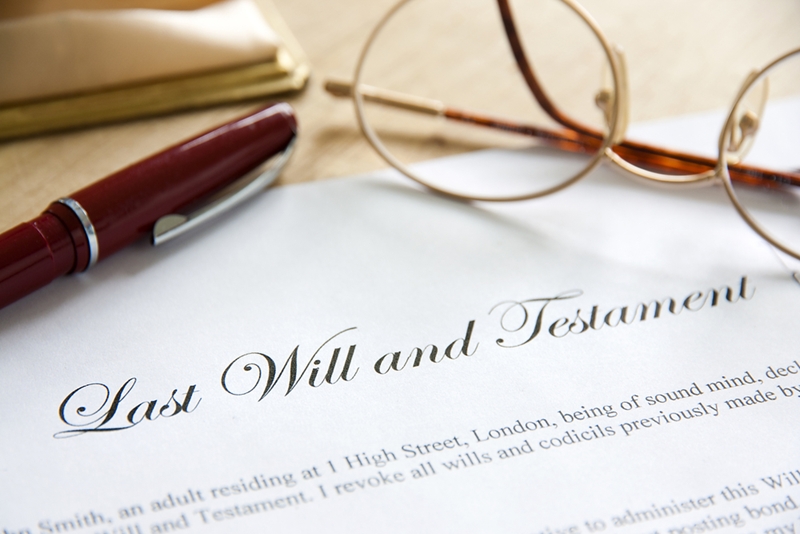The passing of a loved one can be a major shock; this is compounded if it is a close family member or a friend. If the deceased had started proper estate planning before they passed, being nominated as an executor should not be a hidden surprise as they will have discussed this with you.
Being an executor is a trusted position that is indicative of the relationship the person had with the deceased. So what does the role of executor involve and how can a person best meet their responsibilities?
Being an executor is an important role, and it is important to know the legal implications involved.
What is an executor?
To put it simply, an executor is a person who is appointed by the deceased to carry out the terms of their will. The management of the estate will need to be executed in accordance with the will of the deceased.
One of the core duties of the executor is administrating the deceased’s assets that form part of the estate. This will include actions such as paying any outstanding debts, identifying beneficiaries and distributing the estate’s assets as is stipulated in the will.
However, before an executor can begin these activities, they must first obtain probate.
What is probate?
When a person passes away, the executor of the estate is required to seek legal recognition of the deceased’s will. Probate is the Court order that confirms the will is authentic.
Probate invests the executor with the legal authority to govern the estate and allocate it according to the will. When probate is granted the will becomes a public record and can be viewed by anyone who searches for it.
 What does the role of executor involve?
What does the role of executor involve?How do I obtain probate?
For an executor to attain probate, they must apply in writing to the High Court in Wellington. In many cases, executors will use an experienced lawyer to help them navigate through the process.
While it is not legally required to have a lawyer, the reason many opt for this is that the documents required need to be set out in a specific way and any variation could impact the process. These documents include an original will and an affidavit that contains evidence that the will-maker has died, the deceased’s living arrangements and a statement that confirms the validity of the will.
If you have been nominated as an executor and are unsure about your responsibilities, it might pay to talk to an experienced wills and estates lawyer today.


